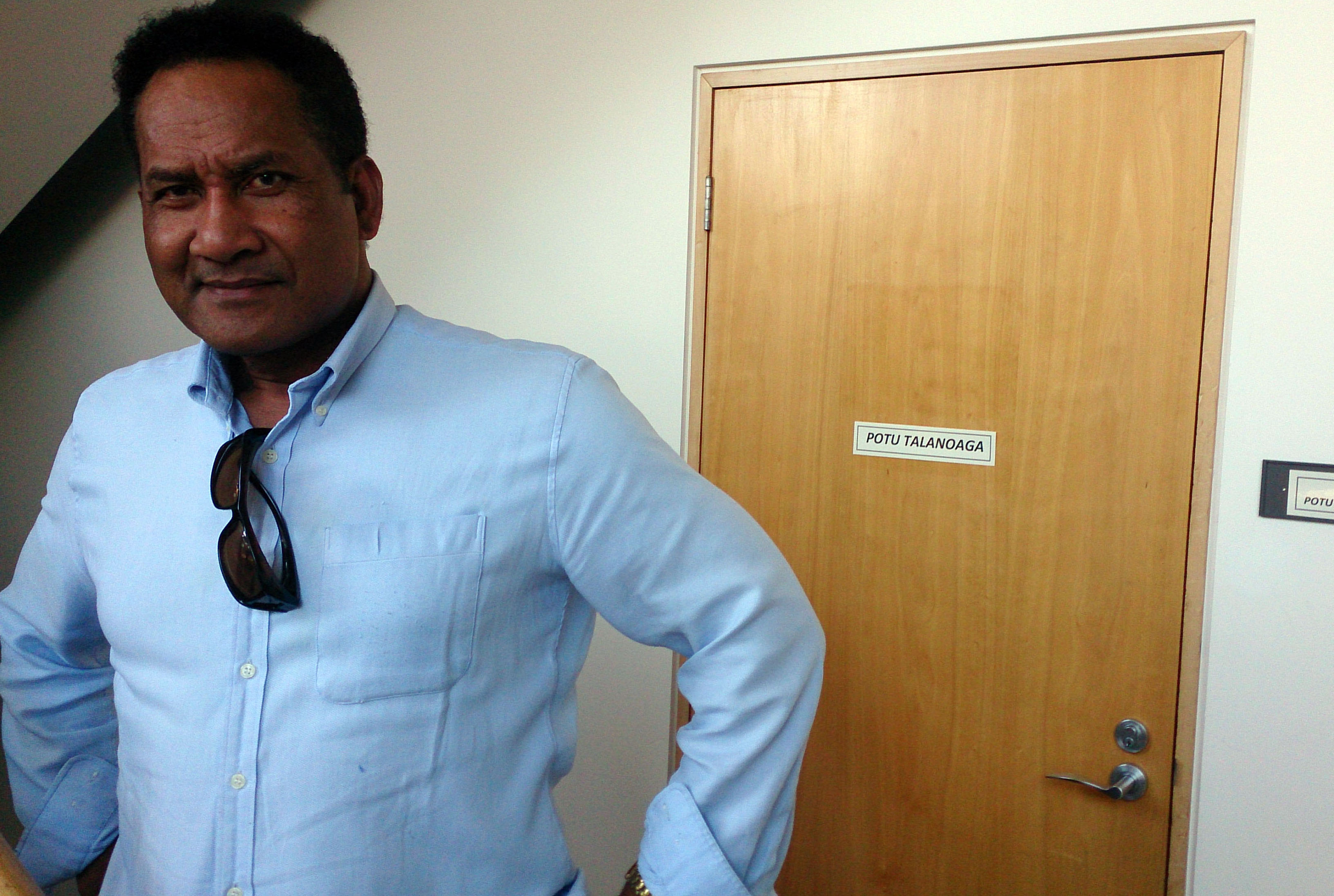
AUCKLAND (Pacific Media Watch): Climate change was top of the agenda at the Pacific Islands Forum last month – and it is an issue that strikes at the heart of the traditions of tikanga Māori across Aotearoa.
More than 10 years of research by Taihoro Nukurangi, the National Institute of Water and Atmospheric Research, has found the effects of climate change will particularly affect the fishery, agriculture and forestry models that are core to the Māori economy and iwi tradition.
The institute conducted extensive hui consultation with iwi and government agencies on what could be an extremely important issue for the future of Māori society.
University of Auckland Te Kupenga Hauora Māori researcher Dr Rhys Jones (Ngāti Kahungunu) has also studied the potential impact of climate change – focusing on the impact on hauora, health and wellbeing.
“[Aotearoa] will be relatively insulated from the effects of climate change compared to other Pacific countries – but any impact will be borne disproportionately by Māori, Pacific Islanders and lower socio-economic groups,” he explained.
Children were particularly vulnerable to the effects of climate change, he claimed.
“They are smaller, less able to cope with heat extremes and natural disasters, and spend more time outdoors – and that puts them at greater risk.”
Climate change consequences
He said floods and other extreme weather events were on the way – and heat stroke, cardiovascular problems, food scarcity, climate migration, resource conflicts and increasing outbreaks of food-borne illnesses and infectious diseases could be some of the long term impacts.
“There are also impacts on communities, infrastructure, and access to clean water, because climate change impacts on everything,” he said.
Dr Jones is part of OraTaiao – an organisation that, as the name suggests, advocates for a “healthy environment” for all New Zealanders.
“Even if we do lower emissions locally, it won’t have an impact globally. Adaption to some level of climate change is inevitable – because we’re locked in to the lag time after emissions.”
He said some things could be done at the national, iwi and local level.
Firstly, people could become more prepared for disasters with robust systems and effective healthcare.
Secondly, food security could be mitigated by growing food locally.
Thirdly, greater take-up of home insulation, walking and cycling could all reduce carbon emissions.
The meaning of Majuro climate leadership
Just over a month ago, the New Zealand government and its Pacific neighbours agreed to the Majuro Declaration – a steadfast commitment to showing “climate leadership” and an acknowledgement that reducing carbon emissions was the core part to that equation.
Dr Steven Ratuva, from the University of Auckland’s Centre for Pacific Research, said the declaration was the result of the serious risk of dislocation or death that climate change posed for low-lying and long-standing remote communities.
Climate change minister Tim Groser said the National Party government was “committed to doing its fair share for international climate change action” and was “working to extend global emission reductions beyond our own footprint”.
He said a promise to cut back carbon emissions to five per cent below 1990 levels by 2020 was part of that commitment.
“The target is affordable and demonstrates that New Zealand is doing its fair share to address global climate change.
“In deciding this target, the government has carefully balanced the cost to New Zealand households and businesses against taking ambitious action to tackle climate change,” Groser explained.
Emission reductions
Green Party co-leader Metiria Turei (Ngāti Kahungunu) said a “sustainable primary sector” and “sustainable development” based on the principles of kaitiakitanga was essential for the Māori economy and the broader New Zealand economy.
Turei said she wanted a more ambitious emission reduction target.
“All fine for them to sign the declaration but it’s all in the policy. The government reduced the greenhouse gas emissions target to five per cent of 1990 levels by 2020 – and that won’t make any significant difference,” she said.
“If industry are required to meet certain emissions standards they may pass it on to households, but a comprehensive home insulation scheme and house warrant of fitness scheme can help to offset that cost.”
She said Māori had a strong history of solidarity with other indigenous communities – and climate change needed to be understood within that tradition.
“Climate change affects every part of Māori engagement – it’s an issue of indigenous sovereignty,” she said.
Multi-faceted challenge
Turei also said climate change was an issue hitting the Māori community on several different levels.
“It’s an economic issue at the corporate level, at the personal level, and the household level. Some jobs will be created with climate policy and other jobs will be lost.”
She said Māori needed to be involved in developing climate policy – but they should not be excluded from a policy as-of-right.
“Regional and international markets demand a high level of sustainability, and Māori industry is well-placed to exploit that.
"It will improve our economy base long term – and the change starts at the local level,” Turei said.
The Labour Party is also advocating for more ambitious carbon emission reduction target, and the Mana Party manifesto says “the crises of climate change, peak oil, and food security mean that we have to prepare now for the post-carbon world".
Mana advocates for "recovering traditional approaches to sustainable livelihoods and discovering new strategies” to respond to threat climate change could pose.
Majuro declaration adopted - 'real work begins now', says Loeak
This work is licensed under a Creative Commons Attribution-NonCommercial 3.0 New Zealand Licence.




